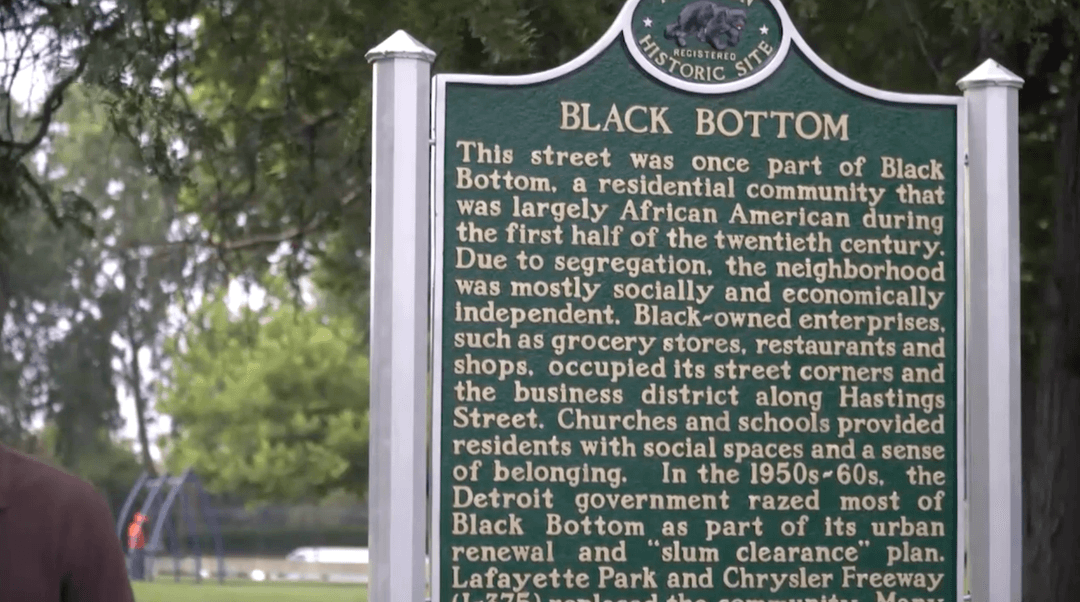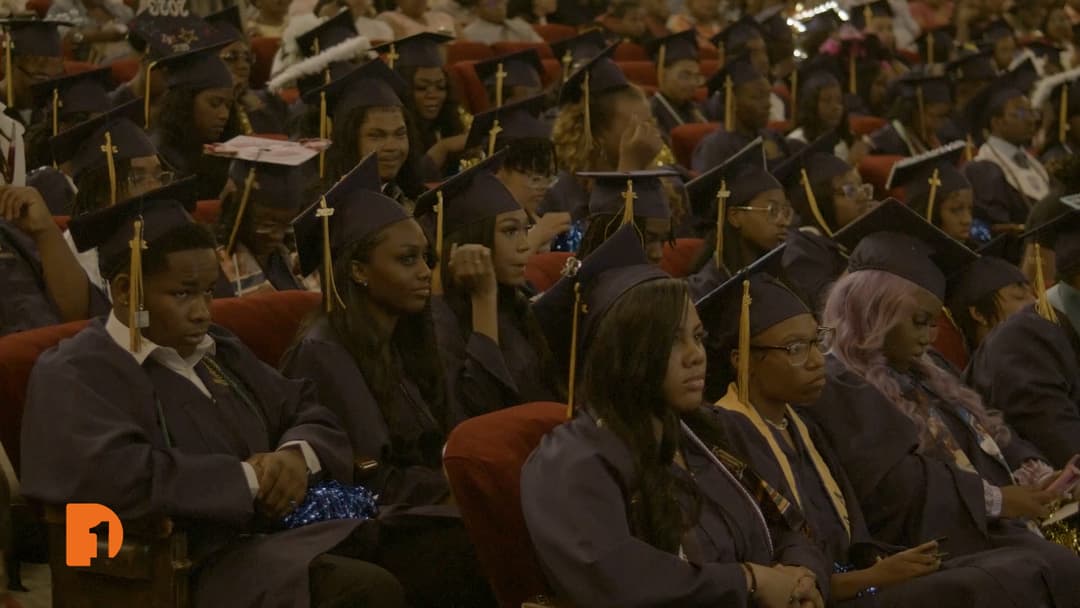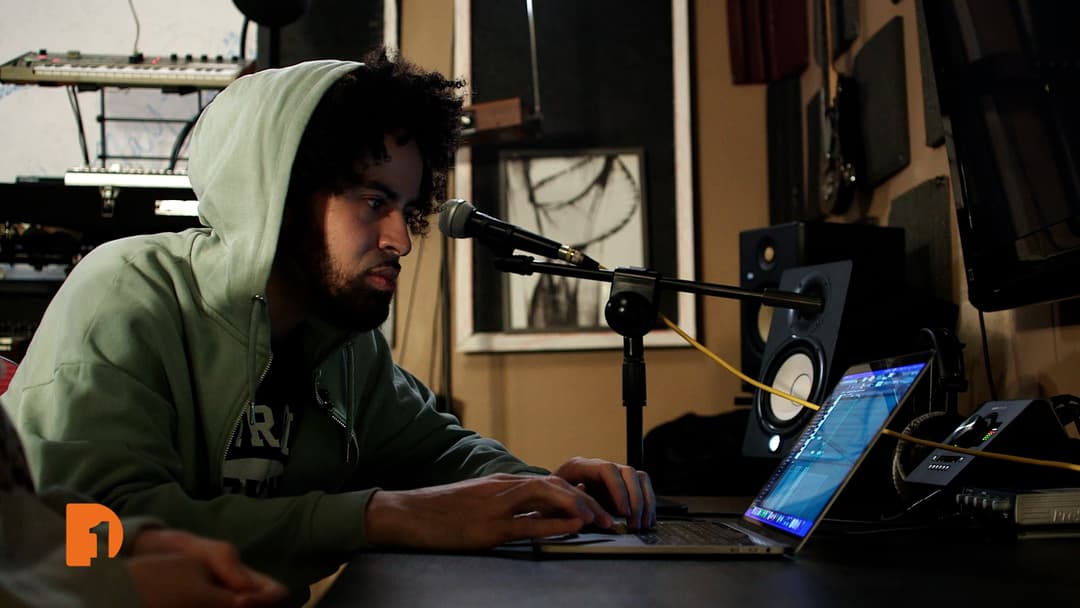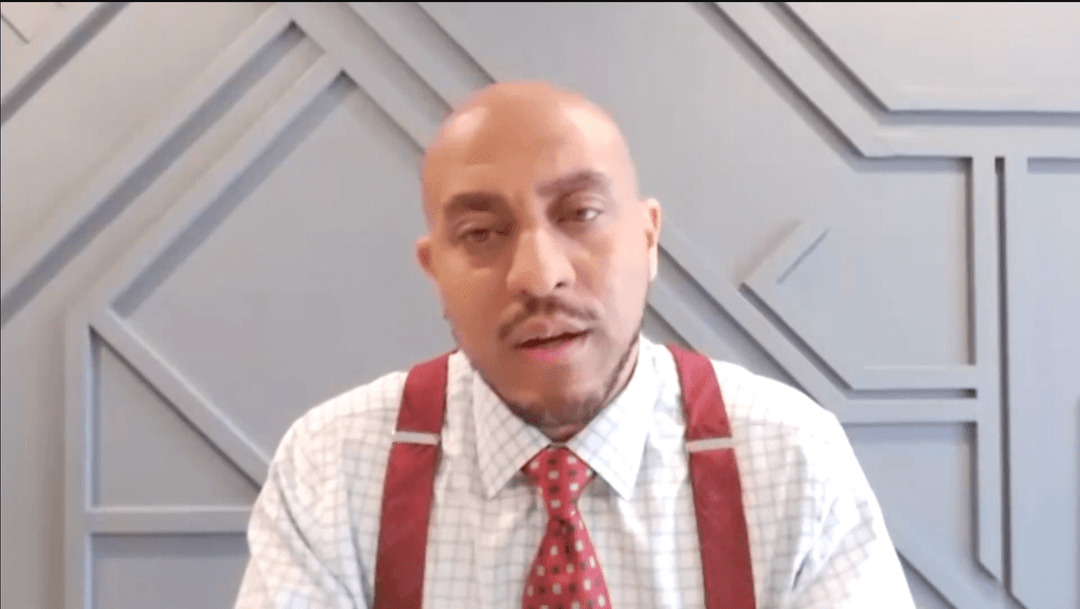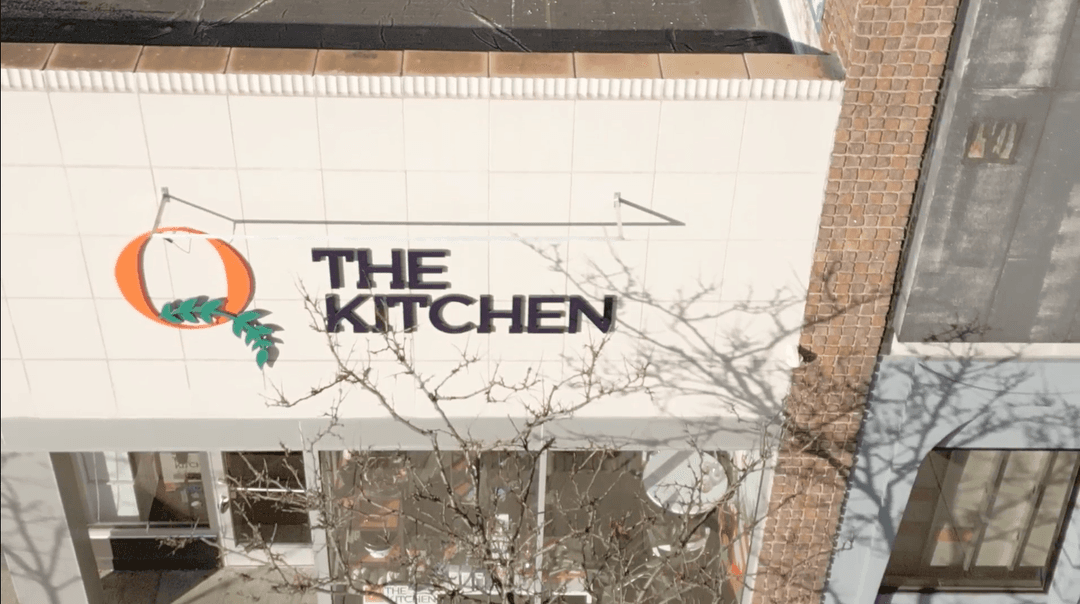Detroit’s rap roots: The history of how Detroit created its unique hip hop style
Feb 9, 2023
It’s not the birthplace of hip hop, but Detroit has certainly created its own unique hip hop style since the genre landed in the city in the 1980s. Hip hop’s first wave in Detroit came from the break-dancing style that became synonymous with the genre, before Detroit’s first emcees started to pop up.
The city’s hip hop roots really started to take shape in the 90s as the Hip Hop Shop hosted open mic nights featuring early Detroit rap stars Eminem and his D12 associate, the late Proof, as well as others. Today, Detroit has found its own sound within hip hop. Driving drumbeats and low, brooding piano chords have become the building blocks for Detroit’s unique style, and its influence can be heard across the city and nation.
RELATED:
- Political hip hop: Dr. Hasan Jeffries discusses hip hop’s history of speaking out
- Detroit hip hop artist D.S. Sense’s Quarantine Concerts inspire hope in lonely times
- The history of HOT 107.5 WGPR FM, Detroit’s only all-hip hop radio station
In celebration of hip hop’s 50th anniversary this year, One Detroit contributor Bryce Huffman takes a deep dive into the history of Detroit hip hop and how it’s still evolving today. He talks with Detroit hip hop artist and We Found Hip Hop Co-founder Piper Carter about the genre’s early inspiration in Detroit and its confluence with the rise of Detroit techno.
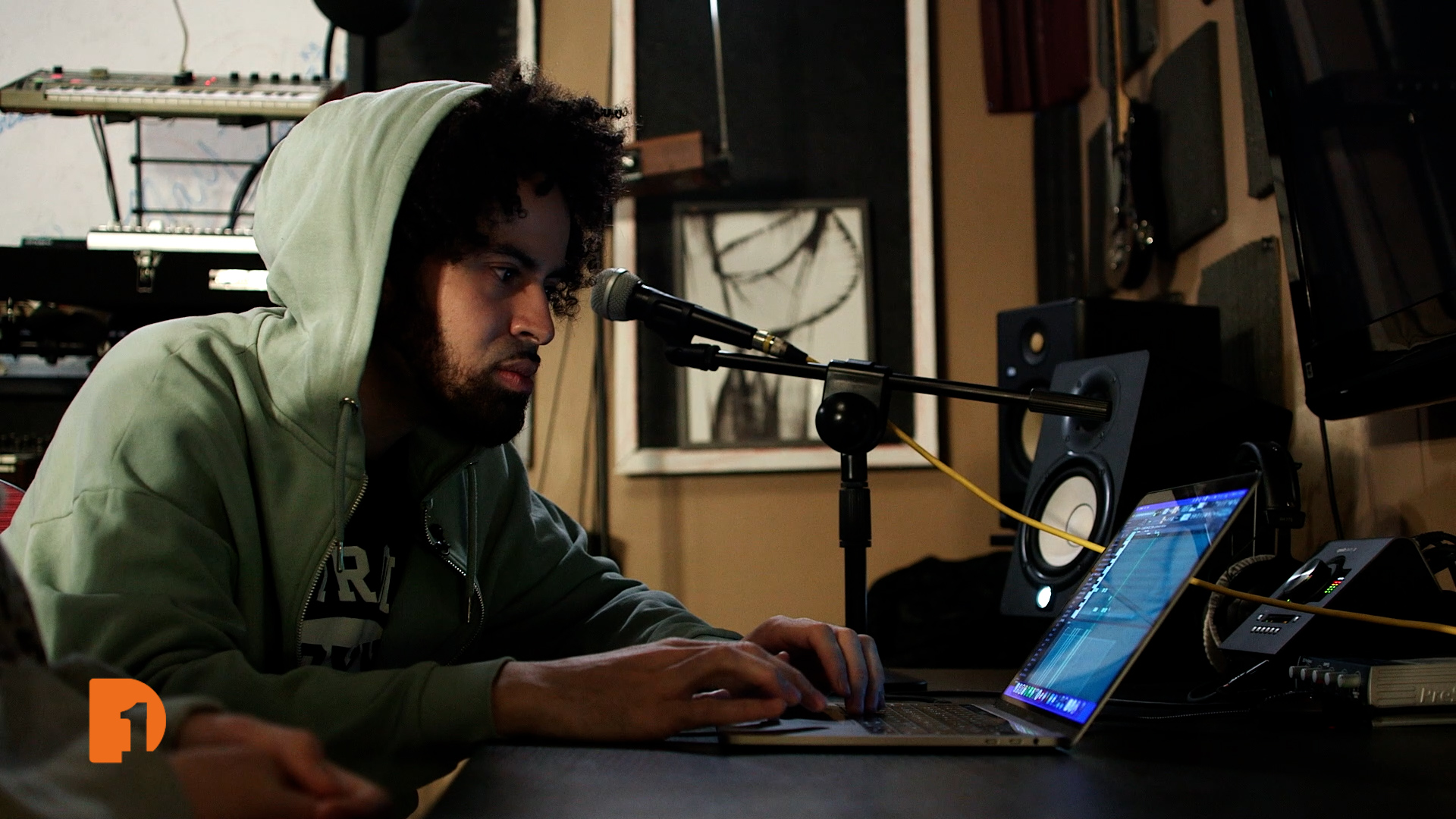
Plus, Huffman hears from metro Detroit producer Travis Pittman, who goes by 4amjuno, and Detroit rapper Lelo, whose real name is Khalil Jewell, about how the next generation of Detroit hip hop is rising to new heights nationwide.
Full Transcript:
Piper Carter, Co-Founder, We Found Hip Hip, Artist & Culture Curator: You look at a Motown, right? Which is where I would say Detroit hip-hop starts.
Bryce Huffman, @BryceHuffman313: This is Piper Carter, a Detroit artist and culture curator. She co-founded We Found Hip Hop, an organization that empowers women in the performing and visual arts. Carter says to understand Detroit hip hop, you’ve got to first understand the impact of Berry Gordy in Motown Records.
Piper Carter: He looked at all these very talented people who came from historic Black Bottom in the historic north end of Detroit and was like, Hey, we can figure out a way to organize this so that we are, you kn’9ow, creating these avenues for people, right? This then becomes a successful formula.
Bryce Huffman: The formula was so successful that Gordy took Motown out West to California in 1972. But by the early 80s, a new culture was emerging, one that Detroiters were more than ready for. Take me back to the beginning of your experience with Detroit rap music. What was the first song or first artist you can remember hearing?
Piper Carter: Well, the thing is, before it was actually a rap artist, the dance actually led in the ’80s. Because hip hop or hip hop culture at that time was actually a mixture of the music of the times, which was, you know, could be classified as R&B, like, or funk and soul. And then, rap kind of like– it came in. You know what I mean? But it was all a part of, it was like an amalgamation, right? I think what hip-hop culture kind of provided folks with is, I would dare say maybe more like a safer space to be an artist, to be creative, to be innovative.
That was something that was very important in hip hop in general, but definitely in Detroit, it was very important. There’s also techno emerging, right, which is a very, I’d say, it’s a close kin in Detroit to Detroit hip hop because the same people who were going to all the hip hop things were also going to techno.
So, you’ll notice in Detroit people are very like techno and hip hop, hip hop, and techno because those things grew both out of the underground, the lack of music and arts education in schools, you know, the whole post-urban renewal, the destruction of neighborhoods and things like that where independent arts culture emerged through the young people, through the youth.
Bryce Huffman: In the ’90s, a Detroit fashion designer named Maurice Malone opened a clothing store that became more famous for the open mic it held at night. This was a space where artists could invent themselves on the mic. The Hip Hop Shop.
Piper Carter: You’ve probably heard a lot of the stories about The Hip Hop Shop, which is where a lot of what we know of as Detroit hip hop culture, you J. Dilla, your Eminem, your Proof, all of that comes out of that.
Bryce Huffman: Through the ’90s in 2000, Detroit established its own signature sound for rap music. Up tempo, drums, dark and simple piano chords, these are the building blocks of producer Helluva and rap groups like the Street Lords and the East Side Chedda Boys. At Capital Studio in Oak Park, just half a mile north of Detroit is Travis Pittman. He’s a Detroit producer who goes by the name 4AM Juno. He’s working on a song with Detroit rapper Lelo. He says the Detroit production style fits perfectly with what the city is all about.
Travis “4AMJuno” Pittman, Producer/Musician: It’s a city where people want to get money and hustle. So, I think that fast-pacedness is kind of just is in the culture, like moving fast and just trying to get to what’s next, whatever next level or what’s next in the day. Just get some money and do what’s next. Have fun. Even though having fun is still fast-paced, really turn it up and stuff like that.
Bryce Huffman: The sound, however, was confined to Detroit and a few other cities in the Midwest for decades. But recently, rappers like 42 Doug, T Grizzly, Babyface Ray, Sada Baby, and Icewear Vezzo have been getting praise from folks beyond Detroit’s borders, all while keeping the Detroit sound alive.
Travis “4AMJuno” Pittman: Like you were saying, it’s been really regional. So, I think that the fact that everyone’s hearing it now, it’s like something new, something new and exciting.
Bryce Huffman: Juno has been recording music in Detroit for the past seven years. There’s been a whole conversation about other rappers from other cities kind of taking Detroit’s sound and style. What kind of pride does that give you as a Detroit artist? You know, someone who’s really from here and is really in the scene.
Travis “4AMJuno” Pittman: I think it means that we’re doing something right. If other people want to emulate it or make stuff similar to it, they must be somewhat a fan of it or they’re influenced by it.
Bryce Huffman: The more recent Detroit rappers are able to get their music to bigger audiences than ever before, thanks to the Internet. Lelo, whose real name is Kaleel Juel, believes Detroit style is the new standard for what’s hot in hip hop.
Khalil “Lelo” Jewell, Rapper: We have different artists embracing Detroiters in the Detroit style, and it’s kind of allowed it to breach places that it didn’t breach before. It’s hand-in-hand with the art scene, is hand-in-hand with the sports scene or everything is touched by the rap scene. Everything is touched by the– every aspect of Detroit is kind of this conglomerate. I mean, you just got to look deep enough to see it. So, I feel like being passionate about any part of Detroit’s art world is going to lead you to the music.
Bryce Huffman: Lelo says he wants his music to bring awareness to the everyday struggles of Detroiters. Those struggles, he says, include crime and poverty.
Khalil “Lelo” Jewell: So, instead of me providing ways of necessarily being able to stop these problems, instead I am a voice that people can empathize with and maybe see themselves in, or if they have no clue about what’s going on in my city.
Bryce Huffman: Lelo is still in the infancy of his career, but he knows he has a lot of opportunities ahead of him. He says seeing some of the biggest Detroit rappers finally getting shine after years of grinding gives him all the confidence he needs.
Khalil “Lelo” Jewell: With those kinds of success stories in front of me, it’s kind of like, how can you feel?
Bryce Huffman: With more eyes on the scene than ever before, Detroiters like Carter, 4AMJuno, and Lelo are proud to be a part of the city’s deep hip-hop scene. Like Lelo, 4AMJuno is looking forward to what comes next in his career, especially bringing in artists from other cities who are fans of the Detroit Sound.
Travis “4AMJuno” Pittman: I want to eventually get some of those people in New York that I like their music on some songs with people from Detroit, and just bring people together for real.
Stay Connected:
Subscribe to One Detroit’s YouTube Channel & Don’t miss One Detroit Mondays and Thursdays at 7:30 p.m. on Detroit PBS, WTVS-Channel 56.
Catch the daily conversations on our website, Facebook, Twitter @DPTVOneDetroit, and Instagram @One.Detroit
View Past Episodes >
Watch One Detroit every Monday and Thursday at 7:30 p.m. ET on Detroit Public TV on Detroit Public TV, WTVS-Channel 56.
Stay Connected
Subscribe to One Detroit’s YouTube Channel and don’t miss One Detroit on Thursdays at 7:30 p.m. and Sundays at 9 a.m. on Detroit PBS, WTVS-Channel 56.
Catch the daily conversations on our website, Facebook, Twitter @OneDetroit_PBS, and Instagram @One.Detroit
Related Posts
Leave a Reply
Your email address will not be published. Required fields are marked*


